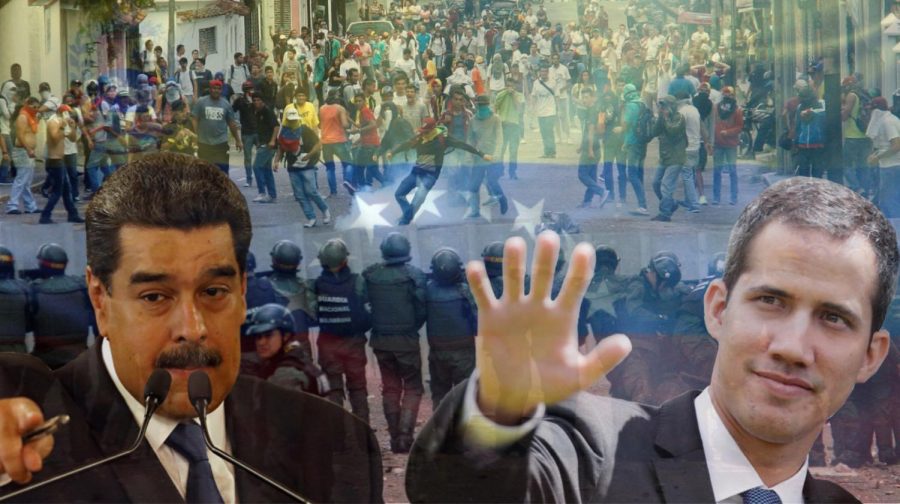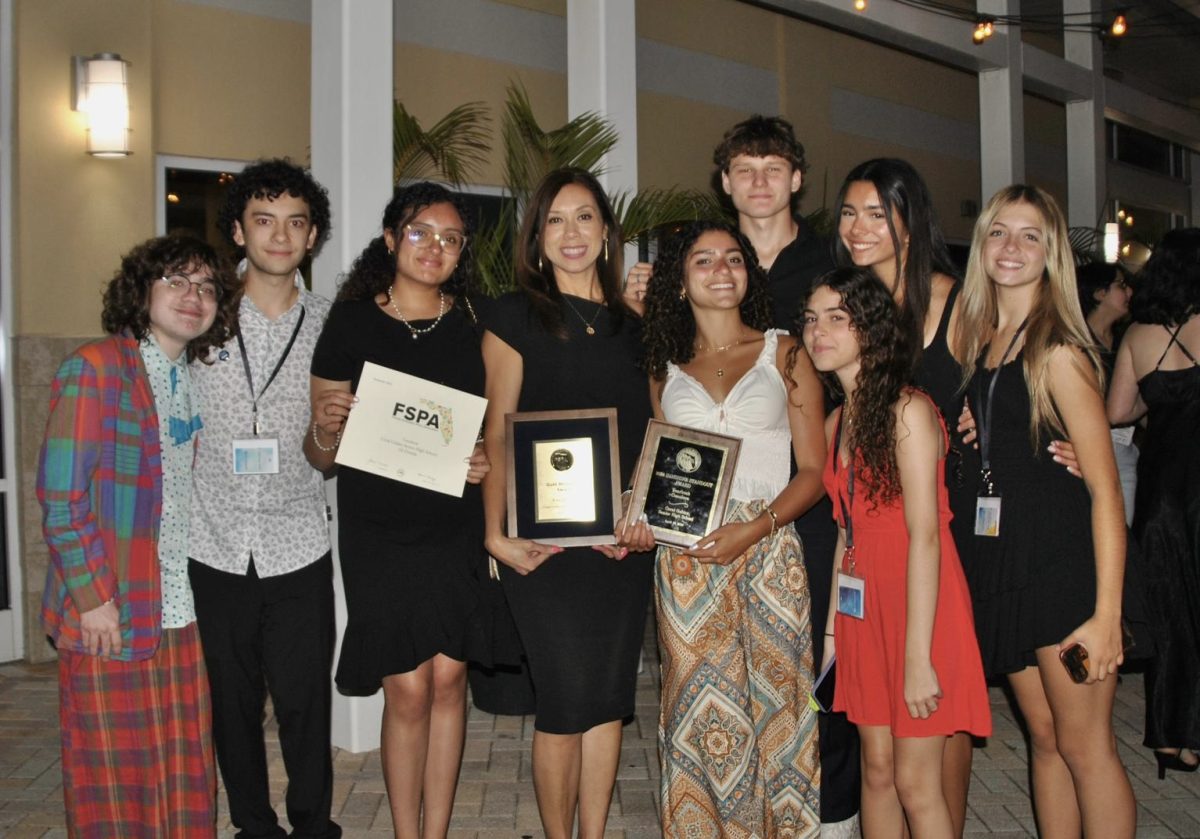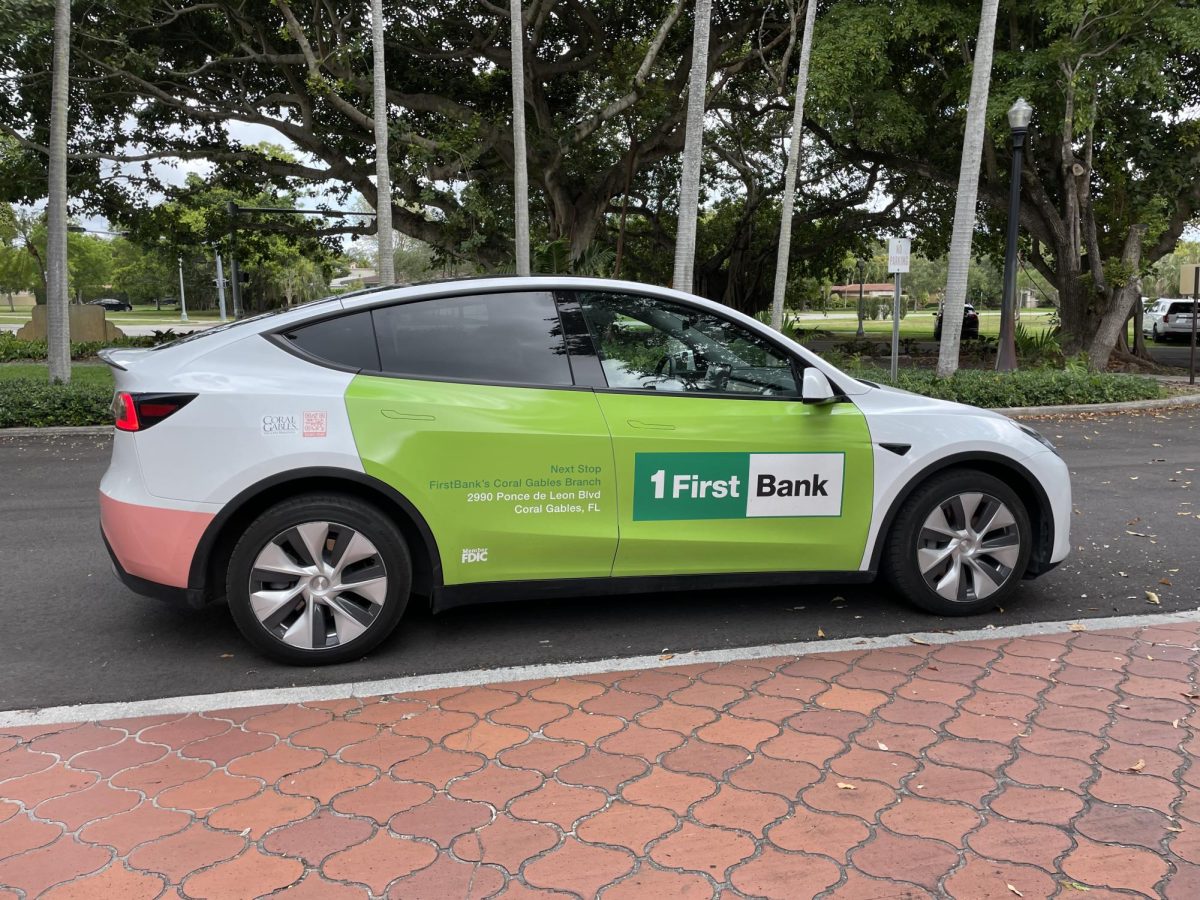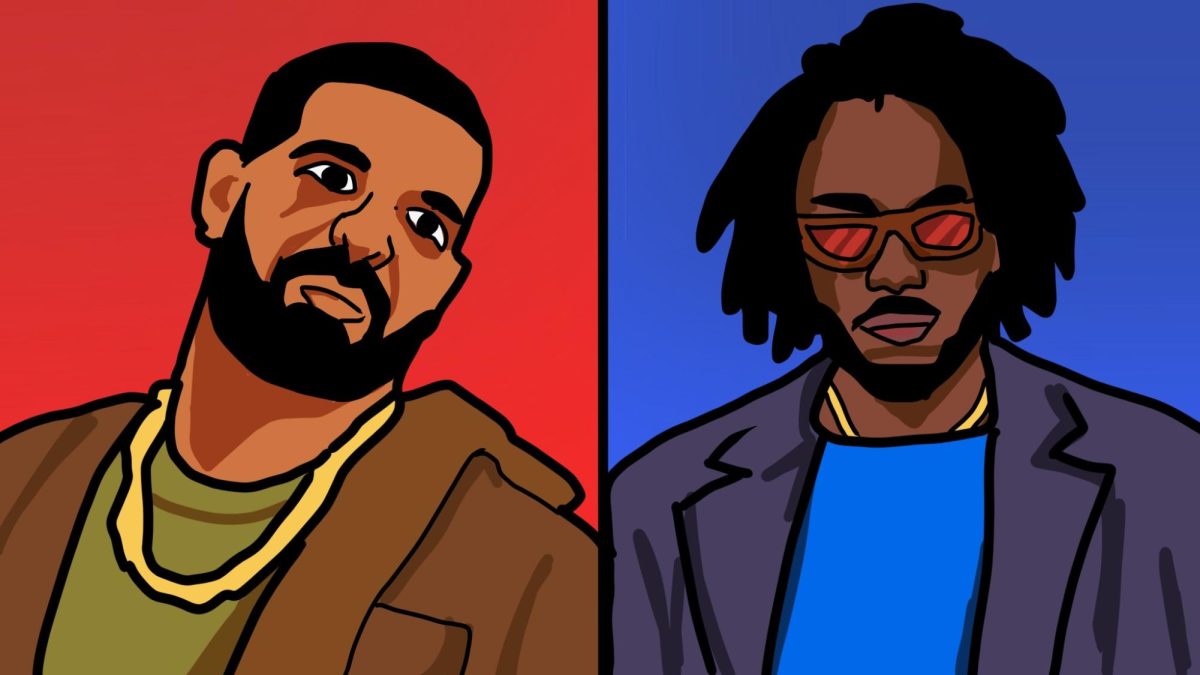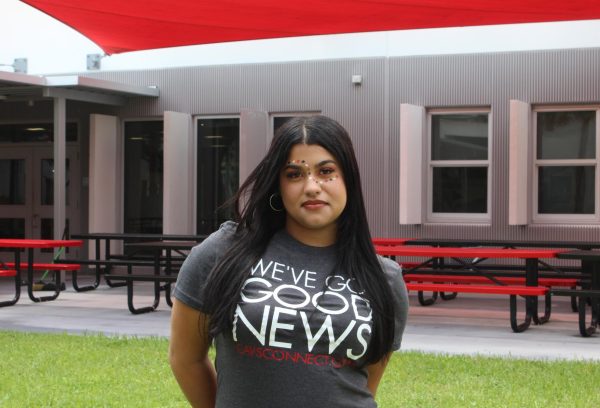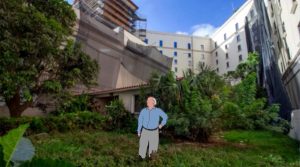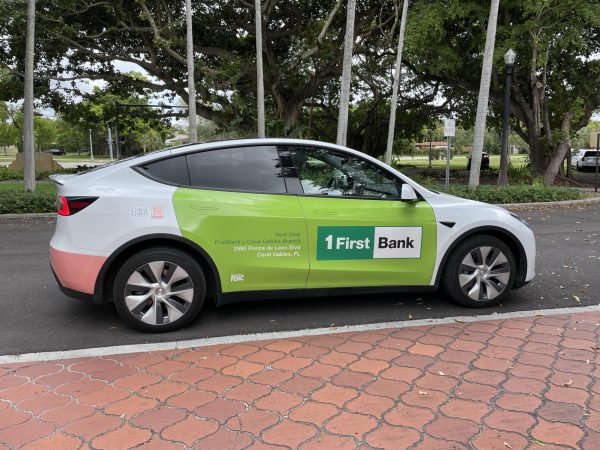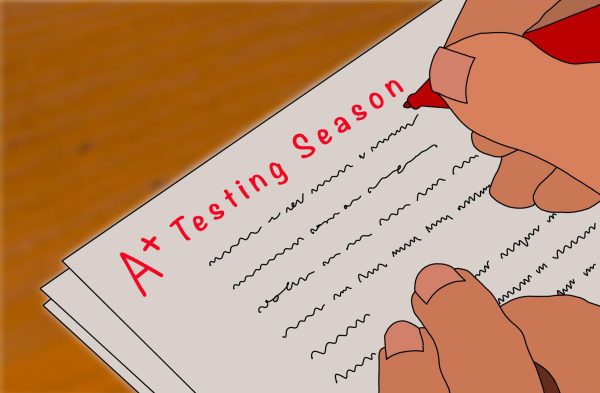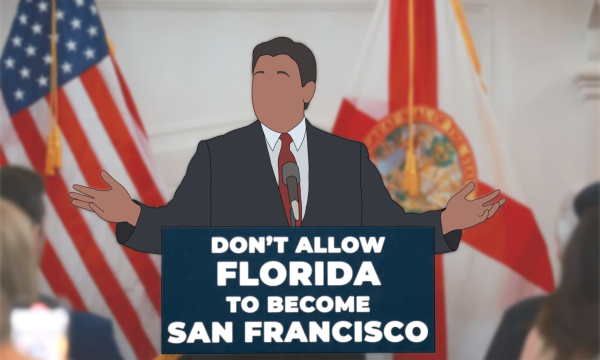Is Encouraging Violent Rioting a Good Way to Begin a Presidency?
Guaidó’s rise to power has led to resistance from the communist Venezuelan government and Maduro’s regime.
May 5, 2019
For the past few months, Venezuelans have been on edge about the state of their government. Juan Guaidó, an opposition leader to Maduro’s communist regime, previously claimed the title as interim president of Venezuela while Maduro was still in power. Since then, he has called upon his Venezuelan supporters and military defectors to riot against Maduro, who remains in power. Due to a lack of support, this attempt was not completely successful, evidenced by a speech delivered by Maduro in which he claimed that he was still in power. This brings something else into question: is it appropriate to incite violence to enforce a political agenda? Although normally this would be completely out of the question, the case of Venezuela needs to be looked at in more detail. Because of the constant state of turmoil and terror from the current administration, the only way to successfully transfer to a peaceful rule would be to “fight fire with fire” and to call for action against this government. If Guaidó had begun with a peaceful approach, it would not be effective nor would he have been taken seriously.
Through his presidency, Guaidó plans to handle the entire humanitarian crisis caused by Maduro’s administration. Venezuelans are going without food and water for days on end because of Maduro. Their social media, internet, news and even books are censored to limit any outside ideas from harming his rule. They cannot step outside without fear of being hurt by a soldier, a riot or even by being mugged. His regime has imposed pure terror and violence even on innocent people. If it was possible, of course this would be tackled in a different way that was nonviolent, but it has reached a point that the only way to get through to the government is to enact some forms of violence through protests and riots.

I don’t think we should even consider it a coup; Guaidó was already the legitimate face of the presidency and was using the army (that had just turned on Maduro) against the usurper’s supporters. What he did wasn’t an act of overthrowing the government by force, but instead he was stopping somebody from trying to overthrow the government.
— freshman Paulina Texier
Many have argued that trying to solve this crisis by repeating the same thing that the side they are fighting did in the past is hypocritical; however, they do not understand the full extent of the issue. Maduro has inflicted so much violence on the Venezuelan people with the constant presence of armed forces fighting with the civilians that it has become routine. These people are desensitized to what is going on because it has occurred so often. Guaidó is aware of this, and in order to keep the power that he has claimed both in the eyes of Maduro and the Venezuelan people, riots do have to take place.
“Guaidó represents the opposition of the Maduro regime; this is a group of young bilingual people who are well-educated. Guaidó has brought hope to all the people of the country because he has followed the country’s real constitution and has gained support from 55 countries around the world,” freshman Stephanie Andrade said.
Venezuela’s situation is complicated to say the least, but the citizens are the ones that suffer the most. Their freedom is becoming more and more restricted as time goes on, and Maduro’s administration is making sure of that. The only way to shake his grip of Venezuela is to combat the current government in any way possible. It may not be the ideal situation, but the people are suffering in these near-anarchic circumstances and the only way to alleviate their pain would be to cut off the Maduro government, even if it means resorting to some violence.


